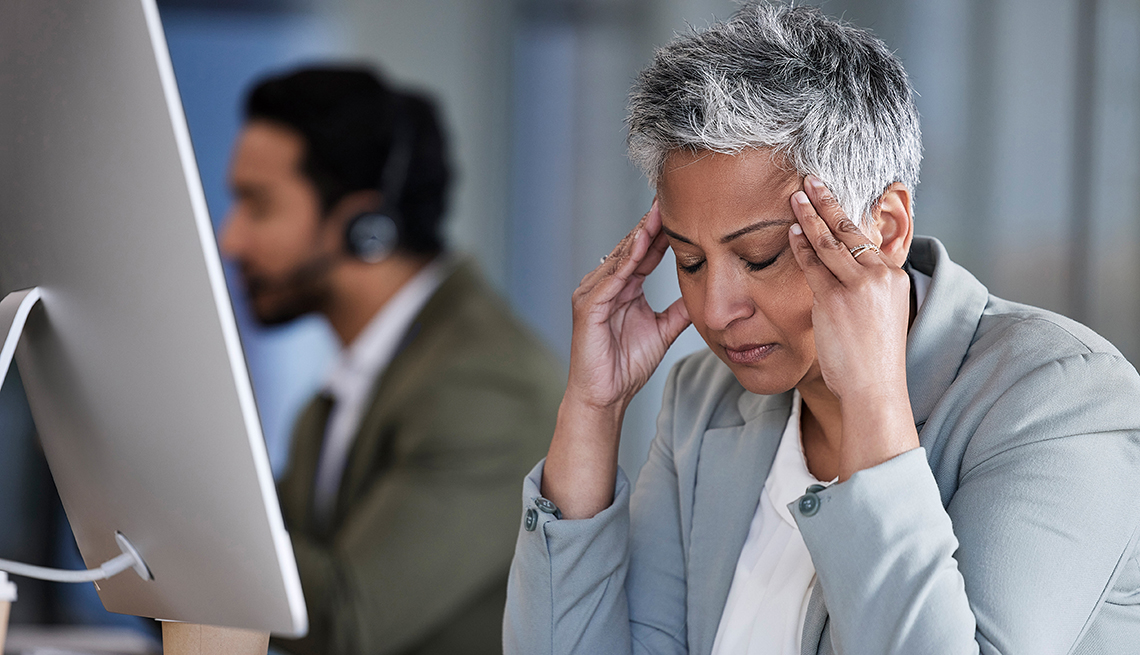
4 foods that can trigger migraines
- Select a language for the TTS:
- UK English Female
- UK English Male
- US English Female
- US English Male
- Australian Female
- Australian Male
- Language selected: (auto detect) - EN
Play all audios:

Nancy Rones Zolotorofe, 51, is no stranger to migraines — the kind that start with searing pain behind the eyes that sometimes stretches to the teeth. It took her years to figure out what
was causing them. She knew sleep and weather played a role — two common culprits. And eventually, she made a connection between what she was eating with how she was feeling. Now that
chocolate and monosodium glutamate (MSG) are out of her diet (for the most part), she experiences far fewer headaches. “When I became aware of my food triggers, 85 percent of my migraines
disappeared,” says Zolotorofe, a college counselor in Charlotte, North Carolina. Up to 50 percent of people who get migraines report having a food trigger, says Vincent Martin, M.D.,
director of the Headache and Facial Pain Center at the University of Cincinnati Gardner Neuroscience Institute. Although food triggers can vary from person to person, Martin says, there are
a few usual suspects that can bring on these headaches from hell. 1. CAFFEINE When it comes to headaches, “caffeine is a two-edged sword,” says Martin, who is also president of the
National Headache Foundation. If you have a bad migraine, a stiff cup of coffee or other caffeinated beverage may actually help your headache. In fact, many over-the-counter analgesic
medications, such as Excedrin, contain caffeine along with the pain-relieving ingredient. On the other hand, if you consume caffeine on a daily basis, your brain becomes acclimated to that
dose, Martin says. “Studies have shown that if you normally drink two cups of coffee per day, and on one day, you drink four or five cups of coffee, then you’re more likely to have a
migraine,” he says. Likewise, if you normally drink two cups of coffee on a given day, then you go without the coffee, you can have caffeine withdrawal migraines. “If you sleep in on a
Saturday or a Sunday, and delay your coffee until noon or 1 in the afternoon, that could be enough time to develop a caffeine withdrawal headache,” Martin says. His advice: Consume the same
amount of caffeine every day, even on weekends, and consume it at the same time of day. 2. ALCOHOL About 29 to 36 percent of people who suffer from migraines say alcoholic beverages bring
on their headaches. But not every vintage, brew or spirit is the problem. “It probably depends on what kind of alcoholic beverage you’re talking about,” Martin says. One study showed that
red wine was far more likely to lead to a migraine than vodka.
